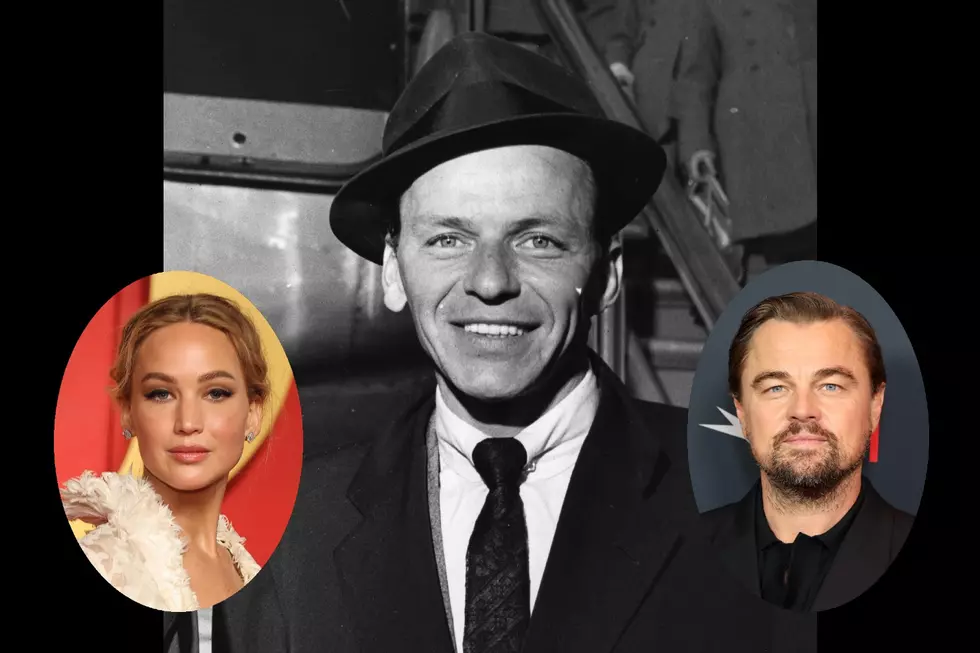
‘Mad Men’ comes to an end
NEW YORK (AP) -- "Mad Men" creator Matthew Weiner promised a finale that was "dramatic and appropriate."
He delivered. This incomparable drama set in the 1960s New York advertising world concluded its seven-season run Sunday night on AMC with a resolution that rang true to its spirit and likely left its devotees satisfied, even as they bade it farewell with regret.
Spoiler alert: Read no further if you don't want to know what happened.
"A lot has happened," Don Draper (series star Jon Hamm) tells Stephanie, a damaged young woman from his past, after his wayward odyssey from New York finally brings him to her doorstep in Los Angeles.
Mainly, he is distraught after hearing from his daughter Sally, back in New York, that her mother, his ex, is dying of lung cancer.
He phoned Betty (January Jones), declaring that he would take their three kids after she passed. She turned him down. She intends for them to live with her brother and his wife.
"Please don't let your pride interfere with my wishes," she said coolly. "I want to keep things as normal as possible. And your not being here is part of that."
Stephanie, too, is a woman in need. But she, too, turns down Don's offer to help.
"Mad Men" traced Draper's journey through the 1960s in his identity as a successful, charismatic but tormented ad man. The series' end brought that phase of his life to a close. And it seemed that after a lifetime of running and shifting identities, he had truly dealt himself out of any meaningful relationships.
Meanwhile, Pete (Vincent Kartheiser) and his estranged wife reunited, moving to a new life and his terrific new job in Wichita, Kansas, of all places.
Roger (John Slattery) is making a third try at marriage -- tying the knot with Don's second ex-wife's mother, Marie.
Joan (Christina Hendricks) finds she can't have it all. Her new man, Richard, a wealthy retiree who adores her, won't accept her decision to start a promising new venture: a film production studio. He wants her all to himself. For the second and presumably last time, he walks out. Joan remains her own woman.
Peggy (Elisabeth Moss) is settling in at her new workplace, the giant McCann-Erickson ad agency, where she and Stan (Jay R. Ferguson), her art-director colleague with whom she has worked and bickered for years, finally realize what every viewer has long suspected: They're in love.
And what of Don?
Deserted by Stephanie at a spiritual retreat, he hits rock bottom. Then, in a last-ditch encounter session, another man's testimony of emptiness and self-loathing strikes a nerve in him. The man begins to weep. Don hugs him. They both weep. Through the run of "Mad Men," Don has never been closer to anyone or tapped into such feelings in himself.
"The new day brings new hope," says a leader of a meditation group on a cliff above the ocean the next morning. "New day. New ideas. A new you."
Don, in a lotus position with his eyes pinched shut, seems at peace as he is last glimpsed by viewers. Is this the beginning of a new Don that can bring him bliss? (Ommmm.)
Probably not. His only breakthrough is likely a creative breakthrough for an ad campaign, one of the most successful TV commercials of that era.
The strong suggestion is that, reinvigorated, Don returned to New York and McCann-Erickson to redeem himself by creating the commercial with which the series ends: The classic 1971 peace-and-love Coca-Cola commercial where a hillside gathering of young people from all over the world, each holding a bottle of Coke, sings the jingle, "I'd Like to Buy the World a Coke." The jingle carries the reminder that Coke, of course, is "The Real Thing."
From its start to Sunday's finale 92 episodes later, "Mad Men" was a series that, as much as any series ever, helped TV grow up. It remained the real thing, even if Don Draper never was.
(© 2015 The Associated Press. All rights reserved. This material may not be published, broadcast, rewritten or redistributed)





